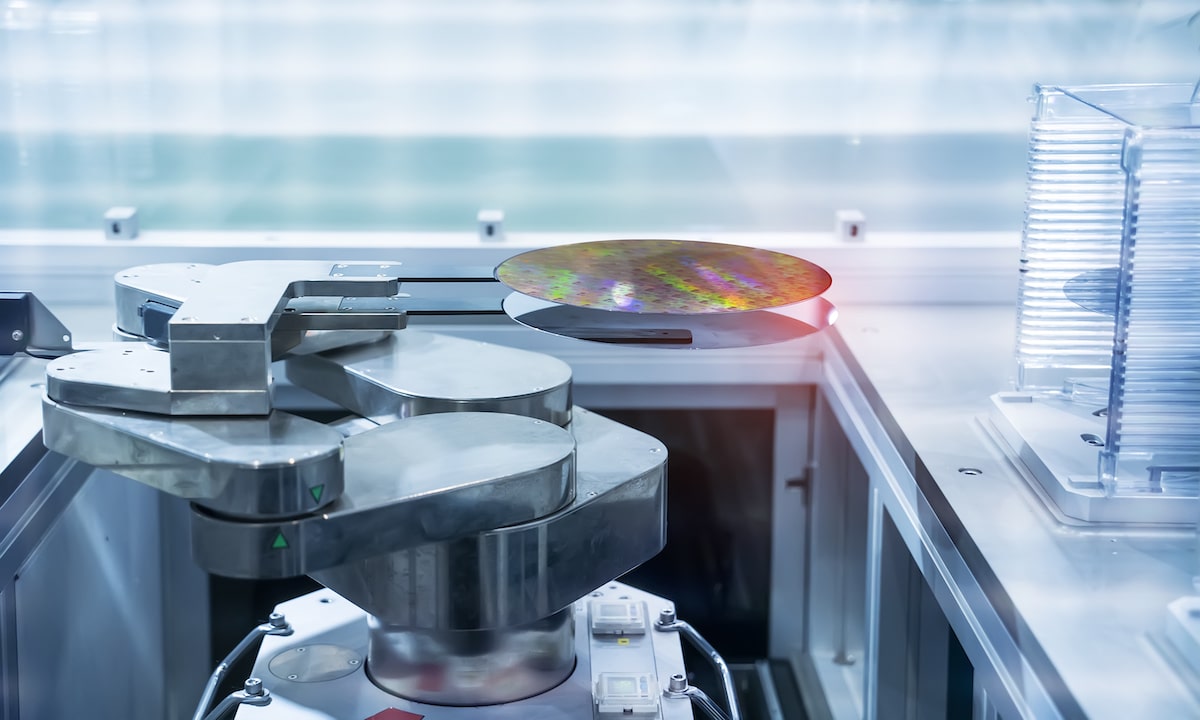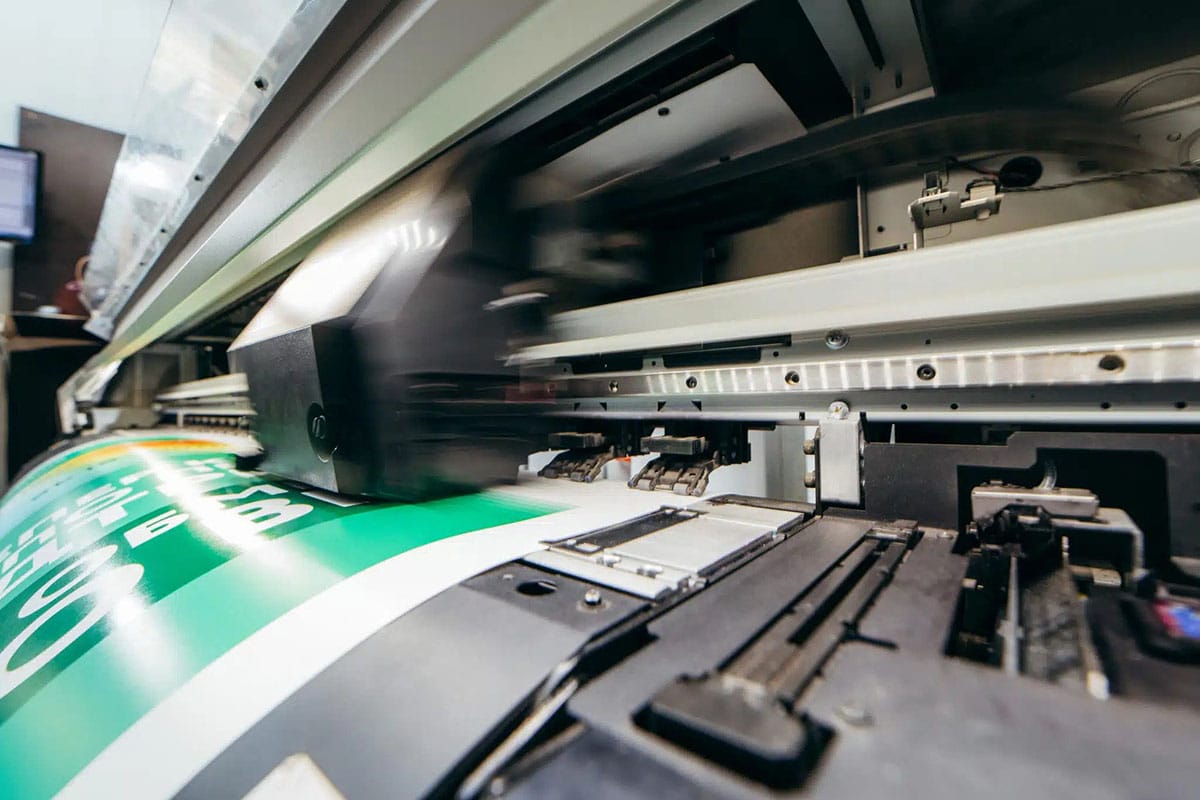For decades, farmers viewed soybeans as an efficient change-of-pace rotational crop between corn. The soybeans of yesteryear had lower input requirements and provided acceptable returns. However, that is changing, as advancements in crop production have pushed yields higher and higher over time. Farmers are beginning to push the envelope with more strategic management practices for their soybeans and now see the crop as a legitimate revenue source.
Managing soybeans for high yields starts with ensuring a strong foundation, namely nutrient availability. As an agronomic adviser, you can work with your farmer-customers to create soybean nutrition plans that will allow them to address nutrient deficiencies in the soil and maximize yield potential.
“Soils vary widely when it comes to fertility levels. If the soil test for a field indicates low fertility or low organic matter, that is one situation where a farmer may benefit from supplementing the crop with fertilizer,” said AdvanSix Senior Agronomist Mercedes Gearhart. “There is also the case where despite dealing with a fertile soil, due to cold temperatures the crop cannot depend on organic matter mineralization during its early growth stages, so supplemental nutrition may be needed in this scenario, too.”
Today’s high-yielding soybeans require more nutrients to reach their full potential, including nitrogen and sulfur. However, many may not be aware of the full range of benefits of supplementing these essential nutrients to their soybean crops.
The role of supplemental nitrogen and sulfur
Nitrogen and sulfur must be available to the plant throughout the season to fuel crop development, structure and physiology. Both nutrients are vital to photosynthesis and are also the building blocks of amino acids, which impact soybean quality. In addition, sulfur is also essential for nodulation.
It’s a common misconception that supplemental nitrogen isn’t needed on soybeans because the plant fixes its own nitrogen from the atmosphere. While soybeans can naturally fix their own nitrogen, the plants are only able to supply about half of the nitrogen they need. The other half must come from the soil, therefore supplemental nitrogen is often necessary in high-yielding environments.
Decades ago, many fields would get all of a crop’s sulfur needs from the atmosphere. Stricter EPA emission regulations, however, have minimized these sulfur depositions, with most soils receiving less than 5 pounds of sulfur per acre from the atmosphere. As a result, a supplemental application of sulfur is often required to help soybeans reach their full yield potential.
The importance of supplemental nutrition early in the season
The application of nitrogen and sulfur at planting gives soybeans the jump-start they need early in the spring. This is especially important for meeting the nutrient requirements of early-planted soybeans.
With farmers planting earlier and in cooler, wetter soils, organic matter mineralization may not kick in early enough to satisfy sulfur needs for a healthy nodulation. A small amount of supplemental nitrogen at that time may also boost root growth before roots can reach deeper into the soil
“Adding in some readily available nitrogen and sulfur early in the season helps get root development and nodulation going for the soybean plants,” Gearhart said.
Supplementing soybeans with ammonium sulfate
Ammonium sulfate (AMS) is a tried-and-true fertilizer that provides readily available ammonium nitrogen and sulfate sulfur to the crop when it needs it most. When applied anywhere between a few weeks before and a few weeks after planting, AMS can give soybeans a jump-start by providing nitrogen and sulfur to support early-season growth and nodulation. AMS can also be topdressed around bloom to support the soybeans during pod fill.
Overall, supplemental nitrogen and sulfur are crucial to ensuring the plant achieves maximum yield. As an efficient and reliable form of supplemental nutrition, AMS can help farmers promote more consistent and healthy crops, and ultimately achieve higher soybean yields.













